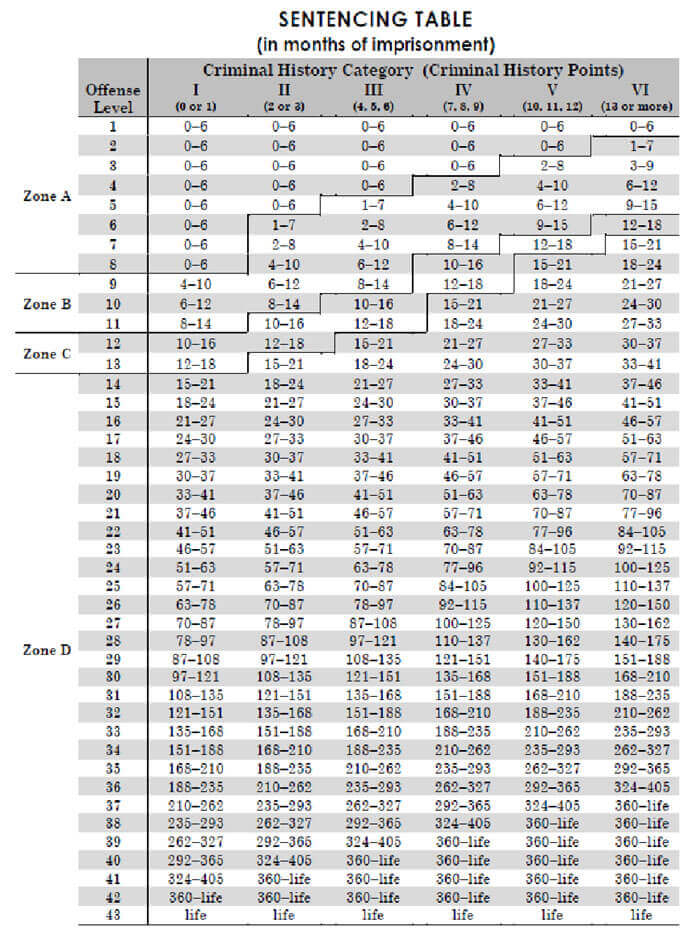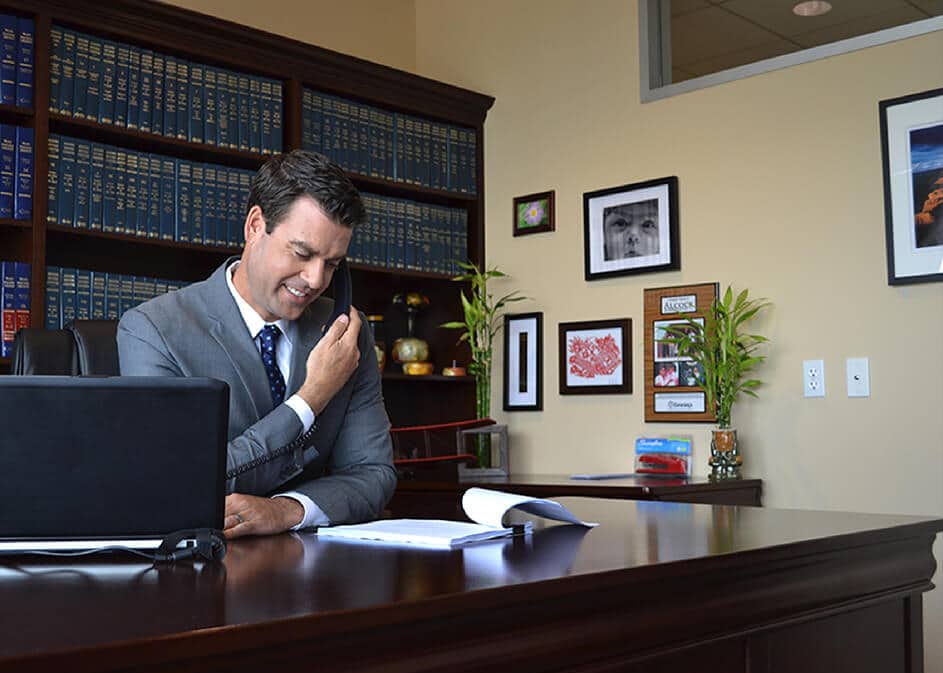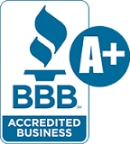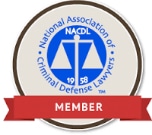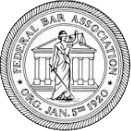Federal Cases
Federal law is very different than state law. Not every law firm can defend against federal charges. We do. If you are charged with a federal offense, it means the United States Government is prosecuting you for a crime. If you have been charged with a federal offense in Arizona, then you are being prosecuted in the Federal District of Arizona. The two main courthouses are located in Phoenix and Tucson. Here are some common federal charges in Arizona:
Possession with Intent to Distribute Drugs
The most common federal cases involve drugs. This is particularly true in Arizona. It is illegal to possess, transport, or manufacture illegal drugs under 21 U.S. Code § 841. The following are some illegal drugs under federal law: marijuana, cocaine, heroin, methamphetamine, and fentanyl. Many cases in Arizona start at the border. At ports of entry, border patrol agents have sophisticated technology that helps them detect illegal drugs. For example, if an agent has reasonable suspicion of criminal activity, he can x-ray your vehicle to look for drugs hidden inside. Some vehicles have hidden compartments that conceal the drugs. Other vehicles hide the drugs in the gas tank.
The seriousness of a federal drug case depends on two things: 1) what is the drug? and 2) how much of the drug is there? Transporting a pound of marijuana would be considered a less serious federal drug offense. Transporting 25 pounds of methamphetamine would be considered a very serious drug offense. Certain drug charges carry mandatory minimum sentences. A mandatory minimum sentence means that the judge cannot sentence you to less than what is required under the law. For example, if a person is convicted of possessing 25 pounds of meth, the judge cannot sentence that person to less than 10 years in prison. That person will serve at least 10 years in the Bureau of Prisons.
There are ways to avoid mandatory minimum sentences under the law. First, a defendant could be safety valve eligible. To be safety valve eligible, a defendant must meet the following criteria:
- the defendant does not have substantial criminal history;
- the defendant did not use violence or credible threats of violence or possess a firearm or other dangerous weapon (or induce another participant to do so) in connection with the offense;
- the offense did not result in death or serious bodily injury to any person;
- the defendant was not an organizer, leader, manager, or supervisor of others in the offense, as determined under the sentencing guidelines and was not engaged in a continuing criminal enterprise, as defined in section 408 of the Controlled Substances Act; and
- not later than the time of the sentencing hearing, the defendant has truthfully provided to the Government all information and evidence the defendant has concerning the offense or offenses that were part of the same course of conduct or of a common scheme or plan, but the fact that the defendant has no relevant or useful other information to provide or that the Government is already aware of the information shall not preclude a determination by the court that the defendant has complied with this requirement.
Safety-valve eligibility is determined by the judge at the time of sentencing. While an attorney cannot guarantee safety-valve eligibility, they should be able to give you an educated opinion as to whether or not you qualify.
Another way to avoid mandatory minimum sentences is through cooperation with the Government. This is done in secret. If you provide truthful and useful information, the Government will file a motion called a “5K1” which asks the judge to give less than the mandatory minimum sentence.
OUR TEAM OF ATTORNEYS HANDLE FEDERAL CHARGES:
Our attorneys here at Alcock and Associates have handled several hundreds of federal cases throughout the years and we completely comprehend how the system works. One must keep in mind that every Federal Case is different and it depends on the facts of the situation and the case. Furthermore, it is important to know that federal cases move substantially faster compared to other criminal cases. If you or a loved one are facing federal charges, please do not hesitate to contact us so that we can look into your case completely free.
Below is a brief list of federal charges we have successfully handled in Phoenix and Tucson, Arizona:
- Drug Conspiracy Offenses
- Weapons Offenses
- Alien Smuggling
- White Collar Crimes
- Drug Possession
Illegal Re-Entry
Illegal re-entry is when a person has been deported from the United States and comes back without permission. This offense is outlined under 8 U.S.C. 1326. Absent criminal history or other aggravating factors, a conviction for illegal re-entry will carry a sentence of 0-6 months in prison. However, there are several factors which can enhance a defendant’s sentence. For example, if a person has been deported after sustaining a felony conviction and then re-enters the country illegally, they are looking at substantially more prison time. Also, if a person has been removed from the United States on more than one occasion, and keeps coming back without permission, they are facing more prison time. The range of sentence for illegal re-entry really depends on the specific facts of your case.
Transporting Illegal Aliens
Another common federal offense in Arizona is Smuggling Illegal Aliens for Profit. This crime is outlined under 8 U.S.C. 1324. Basically, if a person knows or has reason to know that they are transporting illegal aliens into or inside the United States, they have violated the law. Sometimes, transporting illegal aliens is just a misunderstanding. If a defendant offers a person a ride, and it turns out that person does not have legal status in the United States, a conviction is unlikely.
A person’s sentence can be enhanced if they are transporting illegal aliens for profit. If a defendant is smuggling people for a financial benefit, they are facing more prison time. This is also true if the people they are smuggling are under the age of 18, or have been harmed in the process of being transported.








